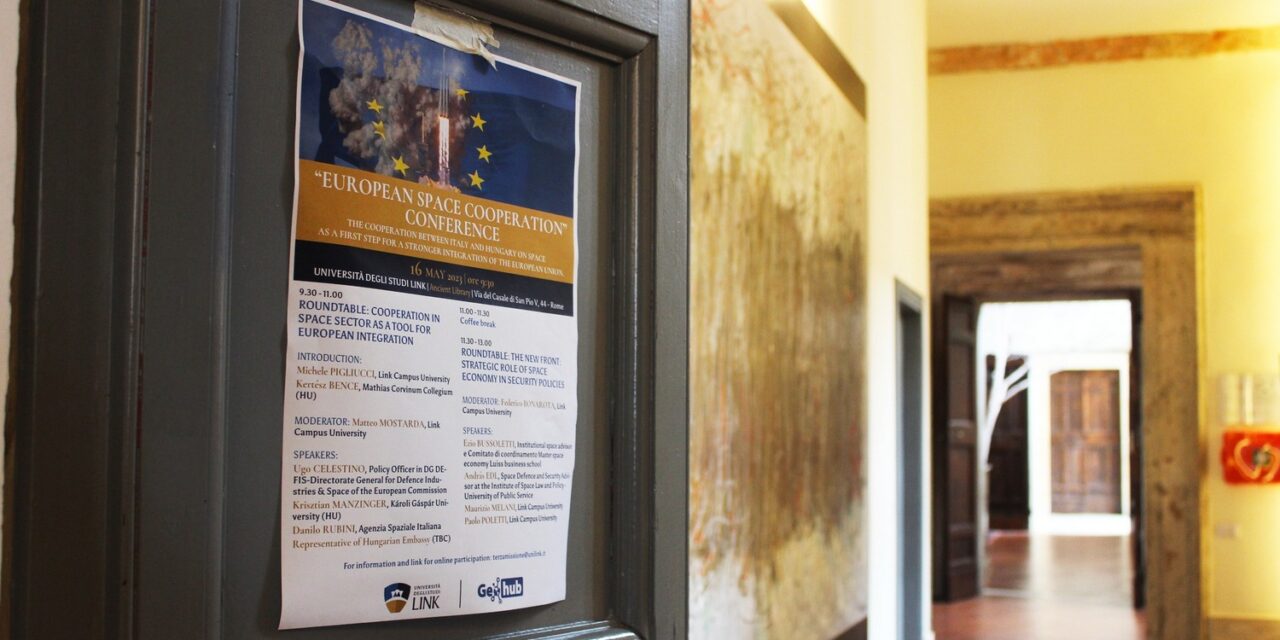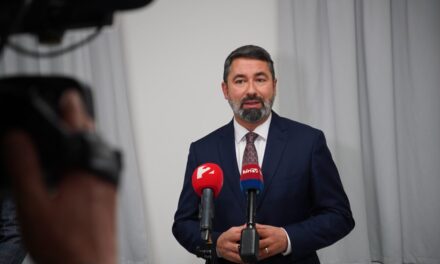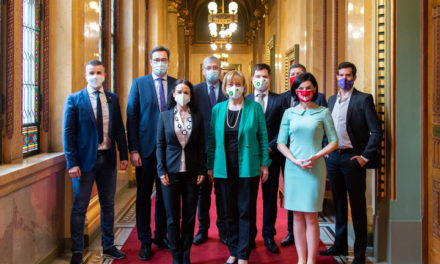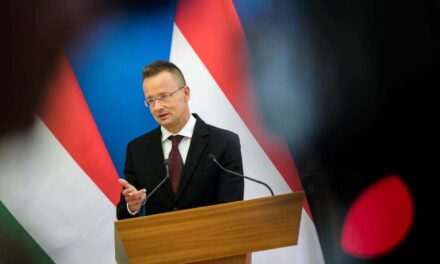A meeting on Italian-Hungarian space relations was held on May 16 at Link University in Rome, which was attended by Bence Kertész, exchange researcher at MCC, as well as a number of distinguished professors and guests from the two countries. This event is part of the exchange agreement concluded with the MCC, for the second time the senior representative of Károli Gáspár University also participated in the event, strengthening scientific relations and helping mutual understanding between our peoples.
Welcome speech by Emilio Scalfarotto, Deputy Secretary of State responsible for the implementation of the government program, on behalf of the Prime Minister's Office:
„I wish everyone a good morning!
It is a pleasure and an honor for me to be here today in such an illustrious company of representatives of the institutions and the scientific and university spheres, and that the event is hosted by Link Campus University, which is particularly close to my heart.
I would like to explain to you that the government highly values this initiative, which is a good example of how historical ties with a long history, such as those that connect Italy and Hungary, can be continuously renewed and developed in the present - and in view of the future aspects of the topic – in addition to the challenges of the future.
In the coming years, space research, which has become the driving force of scientific and economic development in the last half century, will play an increasingly important role, the current value of which is estimated by credible studies at 464 billion dollars, and which is expected to exceed the thousand billion dollar mark by 2040[1].
The development of space research is now a global challenge, and if Europe wants to strengthen its role in the world in this area, it is also necessary for the member states to move forward in cooperation.
Italy is aware of the significant scientific and economic impact that space research has for the country's growth and has always been proactive in this sector.
This is evidenced by the unprecedented value of investments of 10.3 billion in the last four years alone, which was carried out by the excellent work of [2] the approximately 2 billion funding earmarked specifically for the space economy in the PNRR and the National Supplementary Plan [3] made it possible .
The global challenge inherent in space research appears for our countries on several levels. The first is a common level within the European Space Agency. This organization plays a key role in the implementation of European projects of global importance, as well as in the field of bilateral cooperation, which provide driving force and participation for emerging countries in the space sector.
Bilateral relations between our countries have gained a lot of momentum, as evidenced by the more intensive dialogue, which recently led to the first visit of Hungarian President Katalin Novák to Rome, as well as the dynamic growth of trade relations. This period is therefore particularly favorable for thinking about new common challenges. On challenges that can further expand the horizon of our cooperation, extending it beyond the borders of our Earth, namely into outer space.
From space, we can observe how natural changes affect our planet, conduct civil, economic and scientific experiments, develop new communication technologies, new means of transport, new ways of interaction between humanity and technology, innovative materials or even the most modern medicines , thus improving the quality of life of citizens and future generations.
Taking all of this into account, the current initiative is nothing more than the natural development of the cooperation that has already begun: I am thinking here, for example, of joint participation in the missions of the European Space Agency, the participation of the Italian Space Agency in the Hermes cubesat constellation project, and the launch of the Smog-1 pico satellites. All of this proves that Hungary is clearly committed to growth in the field of space activities. This was the basis of the historic agreement signed by the Italian Space Agency and the Hungarian Minister of Foreign Affairs and Trade last December, which provides a mutual legal and institutional framework for the field of space research.
Today, therefore, Italy and Hungary are adding another part to the space research cooperation as a whole, so that we can develop together, thereby contributing to the growth of Europe in a key area for the future, and keeping up with the rapid changes related to new technologies for scientific and economic purposes.
So I wish you all continued success in your current work, and finally I would like to share with you a quote from the writer Wayne W. Dyer: "Everything in the universe is perfect, including the desire to make things better"[4].
Emilio Scalfarotto
Chief of Staff of the Deputy State Secretary responsible for the implementation of the government program"
[1] https://geopoliticalhub.unilink.it/the-basis-and-importance-of-the-forming-hungarian-italian-space-cooperation/
[2] https://www.spaceconomy360.it/competenze-e-lavoro/asi-da-governo-oltre-10-miliardi-di-risorse-saccoccia-crescita-attesa-anche-per-il-prossimo-quadriennio/
[3] https://innovazione.gov.it/notizie/articoli/spazio-siglate-le-convenzioni-pnrr-con-esa-e-asi/
[4] https://it.wikipedia.org/wiki/Wayne_Walter_Dyer













